Lack of teeth can affect your smile, confidence, and even your overall health. Dental implants have become one of the best solutions to replace permanent missing teeth. But for many people in South India, cost is the first question that comes to mind.
In this guide, we break down everything needed to learn about the costs of dental implantation in South India, where the factors that affect the price, what is expected during the process, and how to plan the budget.
What are dental implants?
Dental implants are small titanium poles that are surgically inserted into your jaw to catch a replacement or bridge.
They are durable, natural appearance, and can live through life with proper care.
What is so common dental transplant in South India?
For several reasons, dental transplants are more common in places like Chennai, Bangalore, Kochi, and Coimbatore.
- Natural appearance: They feel and look like real teeth.
- Long-lasting: If you practice proper oral hygiene, they can last for decades.
- Better chewing ability: They can return to full food functions.
- Ben security: Bone damage transplantation is avoided after tooth loss.
What are the costs of dental transplantation in South India?
There is no fixed value because the costs depend on many factors. On average, a single dental implant in South India can be anywhere from Rs. 18,000/- to Rs. 25,000 per graft. Completely restoration or advanced procedures may be higher.
What’s Included in the Cost?
A typical implant treatment cost may include:
- Consultation and X-rays
- Implant placement surgery
- Abutment and crown placement
- Follow-up journey
However, further treatment such as bone transplant or sinus lift can result in the final cost.
Dental transplant costs
- Number of transplantations: The greater the lack of teeth, means more transplantations are needed.
- Transplant marking: High-quality, imported transplants usually cost more.
- Surgeon Expertise: Experienced experts may require high fees.
- Clinical tests: Scans and X-rays can be extra.
- Additional procedures: bone transplants, sinus lifting, or extractions.
- Clinic placement: Costs may vary between Chennai, Trichy, Kochi, or other cities.
- Type of crown: Porcelain can be more expensive compared to the crown of the crown metal.
How to Choose a Good Dental Implant Clinic
- When you look for dental implant treatment in South India, consider:
- Dentist’s qualifications and experience
- Technology and equipment used
- Reviews and patient testimonials
- Clear explanation of costs and procedure
- Hygiene standards
Can insurance cover dental transplants?
In India, dental insurance is limited and usually does not cover transplantation because they are considered cosmetic.
However, some health insurance may cover related surgery. Always contact your vendor.
Are There Cheaper Alternatives to Implants?
Yes, but they come with trade-offs:
1. Dentures: Less expensive but less stable and need replacements.
2. Bridges: Lower cost but require support from nearby teeth.
While these can be good options for some, implants offer better long-term benefits.
How to plan and save for dental transplantation
- Ask for a detailed treatment plan and quote.
- Compare the clinic: Costs can vary widely.
- See for flexible payment schemes: Many clinics provide EMI options.
- Maintain good oral hygiene: Prevent complications that connect extra costs.
What is expected during the dental transplant process
- Consulting: The dentist examines your mouth and scans.
- Surgery: Transplantation is performed on the jaw.
- Helging time: Melting with bones 3-6 months for implant.
- Crown Location: Artificial teeth are attached at the top.
- Follow-up: Regular check-ups ensure treatment and appropriate function.
Is the Dental Implant damaged?
The process is carried out during local anesthesia. Most patients only report mild discomfort after surgery that can be controlled with the drug.
How long do Implants last?
With proper care, implantation can last 15-25 years or more. Good oral hygiene and common dental trips are important.
FAQ About Dental Implant Costs in South India
Q1: What is the average cost of a single implantation in Chennai?
A: The cost usually varies from $ 20,000 to $ 50,000, based on the transplant system and clinic.
Q2: Why are Implants expensive?
A: Implantation uses high-quality materials and requires effective surgery, modern equipment, and many trips.
Q3: Is it safe to implant in South India?
A: Yes, many clinics follow advanced technology and international standards with well-trained surgeons.
Q4: How do I know I need bone posing?
A: Your dentist will check your bone density with X-rays or CT scans before suggesting a bone implant.
Q5: Can I find a full-mouth transplant?
A: Yes, you can choose full mouth implants that can replace all missing teeth, but they use more.
Final thoughts
Dental implantation is an investment in your health and confidence. Understanding the cost of dental implants in South India helps you create an informed alternative. Take time for research, ask questions, and choose the right clinic for the best results.
Order your consultation today and take the first step toward a healthy, confident smile!
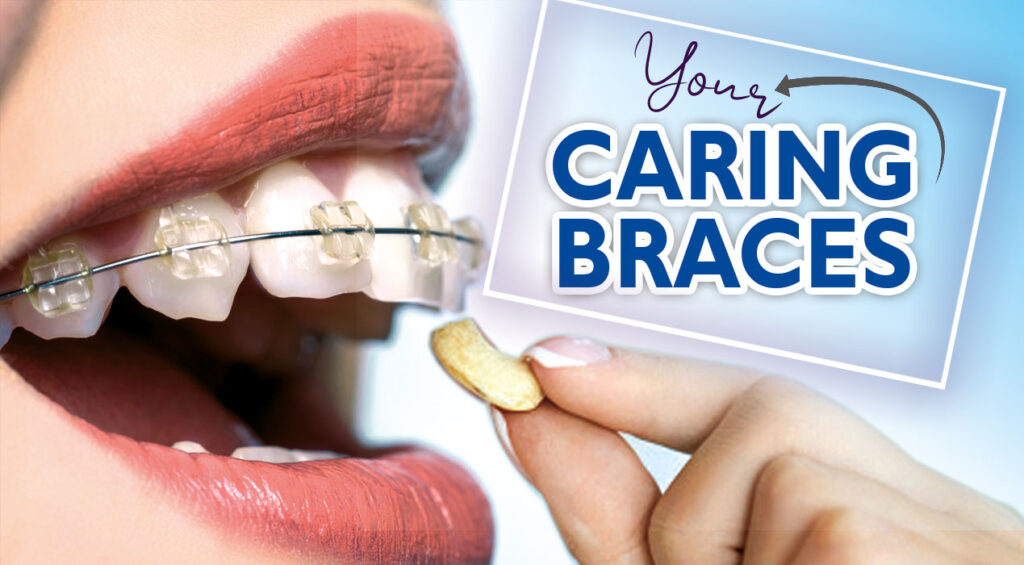










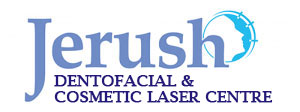
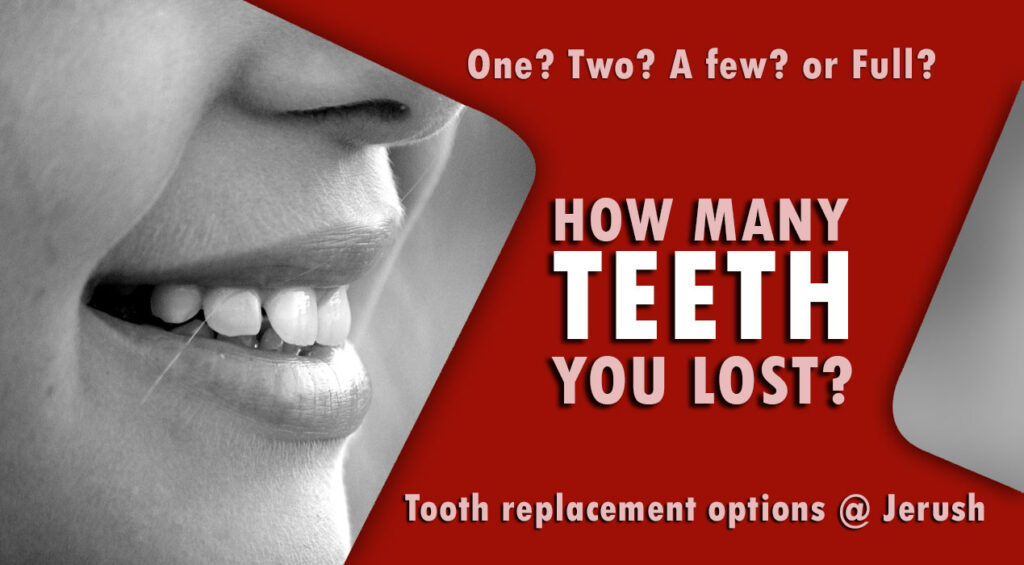
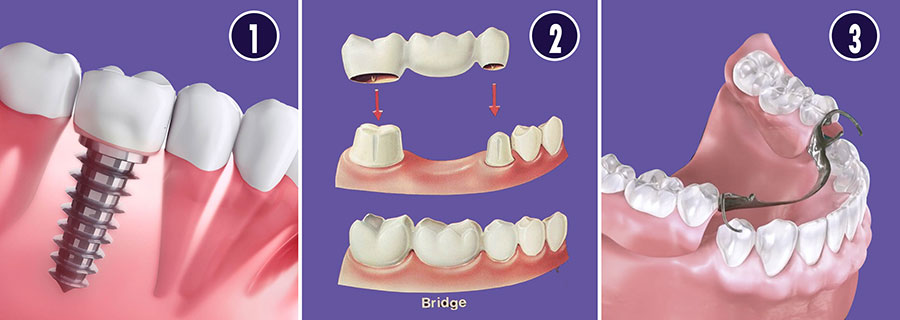 1. Dental Implant 2. Fixed partial denture (Crown & Bridge) 3. Removable denture
1. Dental Implant 2. Fixed partial denture (Crown & Bridge) 3. Removable denture
 Dr-Jovitta
Dr-Jovitta

 Dangers-of-smoking
Dangers-of-smoking
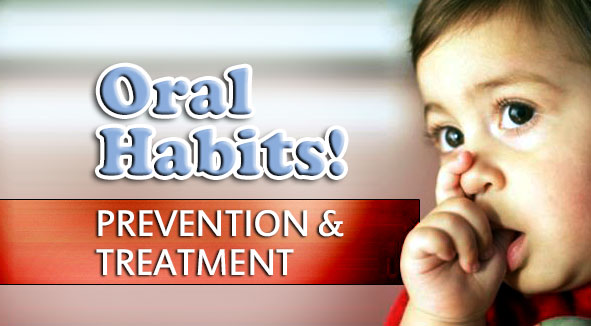
 Oral habits in children
Oral habits in children

 Bad breath treatment Nagercoil, Thuckalay
Bad breath treatment Nagercoil, Thuckalay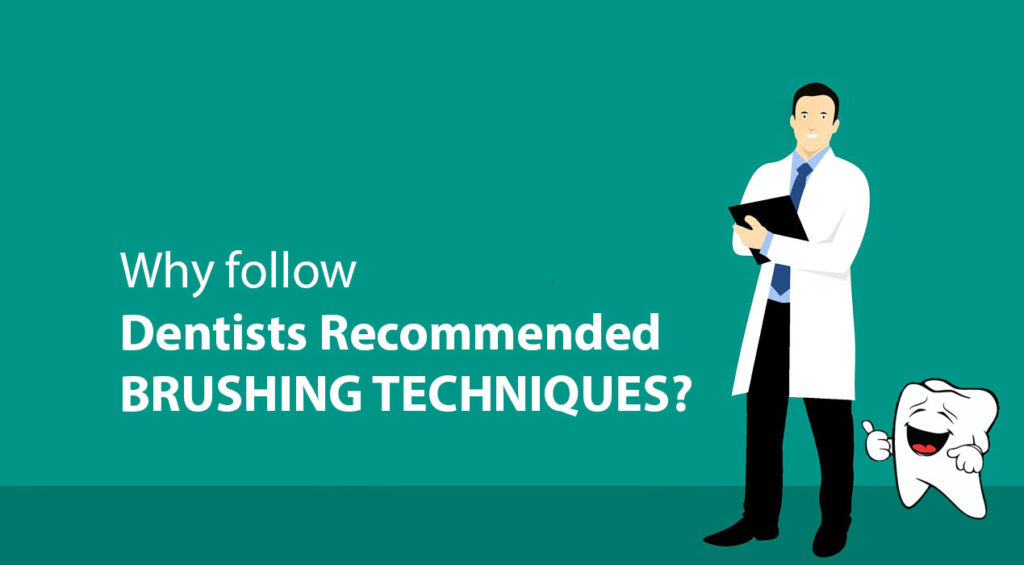
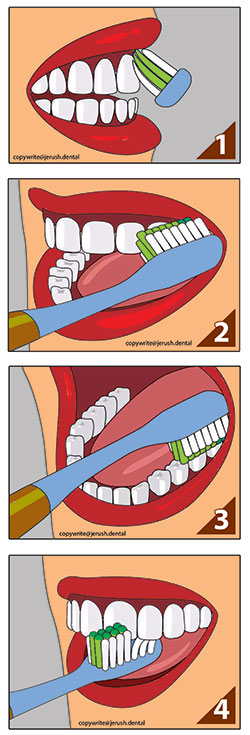 Brushing-techniques-Illustration
Brushing-techniques-Illustration
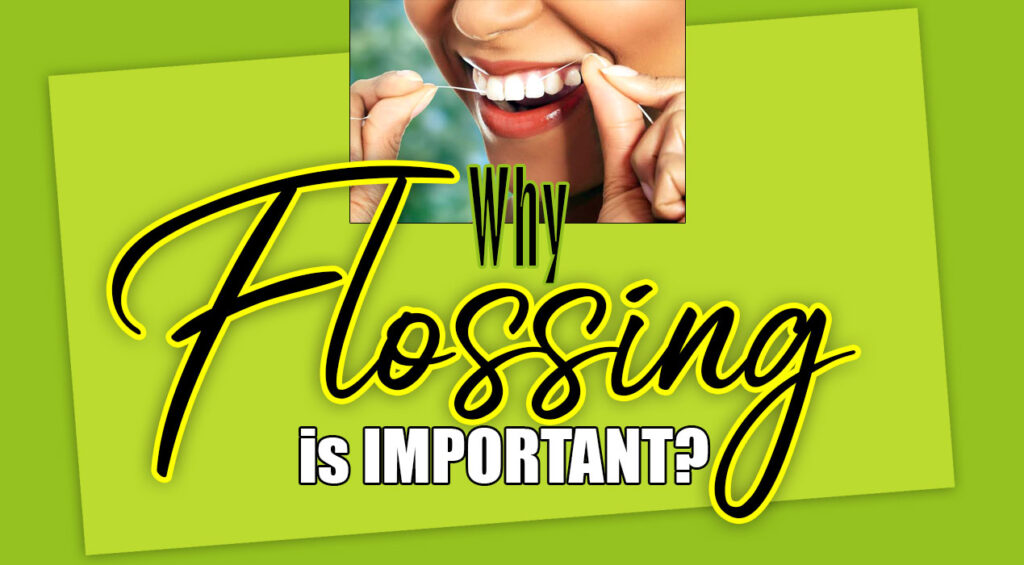
 Flossing Steps
Flossing Steps
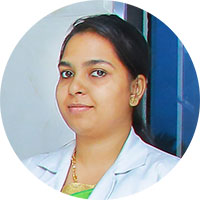 Dr-Jovitta
Dr-Jovitta
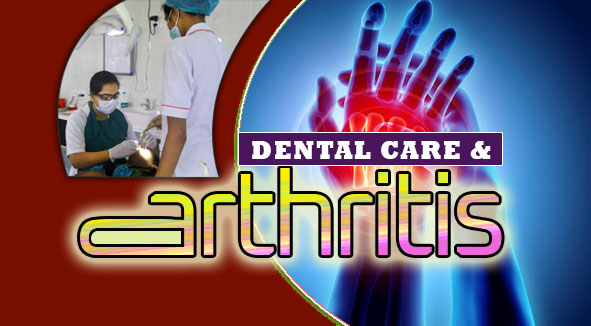
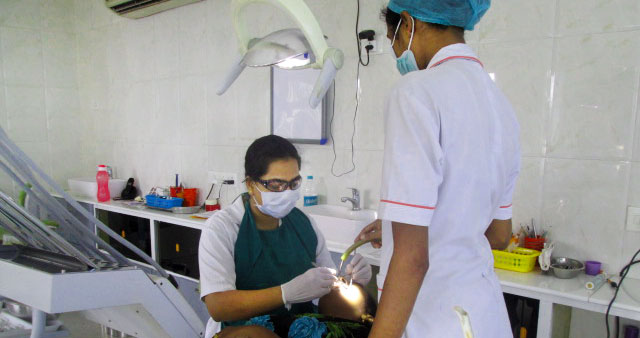 Arthritis and dental care in Jerush Dental & Facial Corrective Centre, Thuckalay
Arthritis and dental care in Jerush Dental & Facial Corrective Centre, Thuckalay


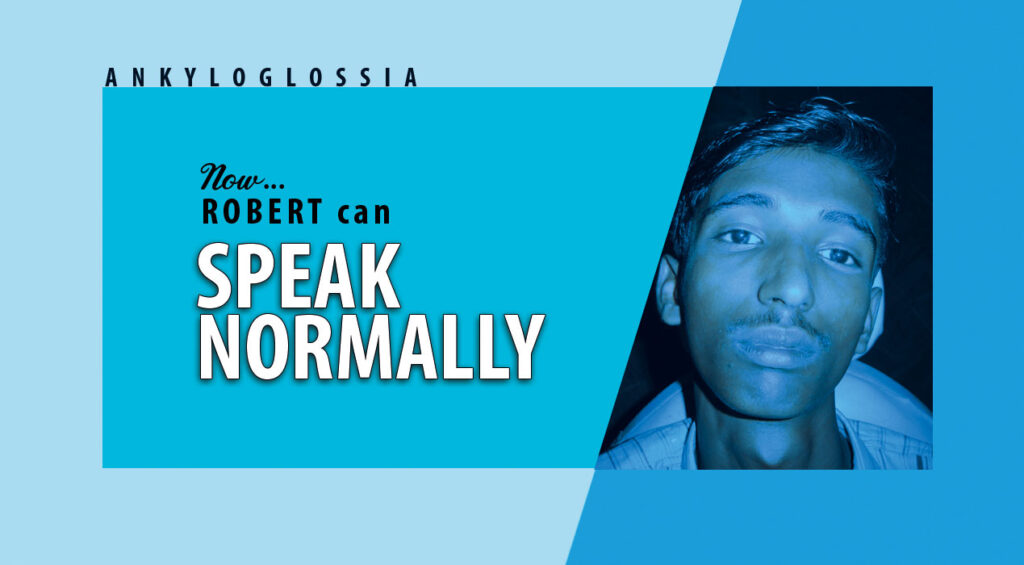
 tongue-tie-surgery-stages
tongue-tie-surgery-stages
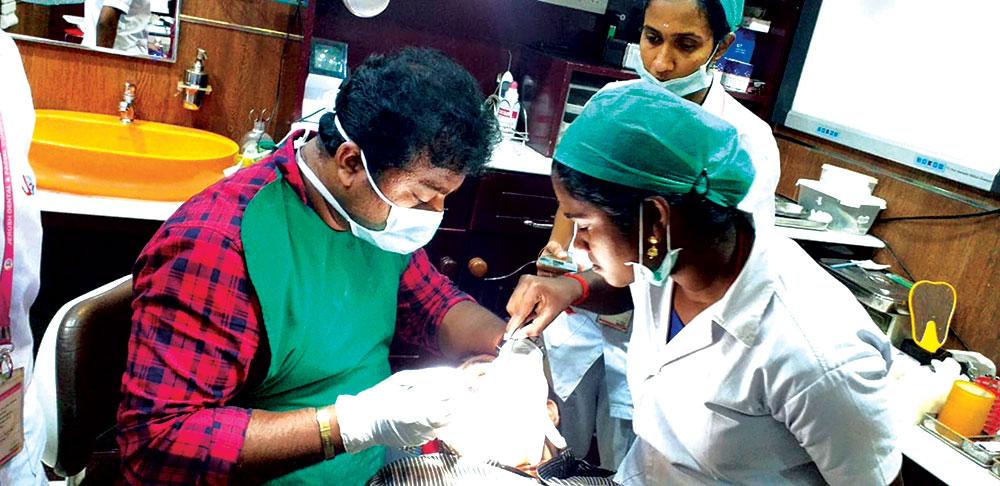
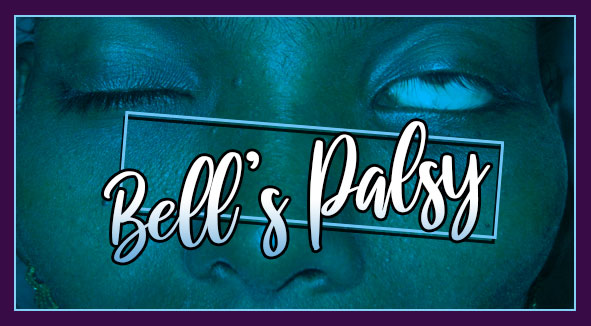
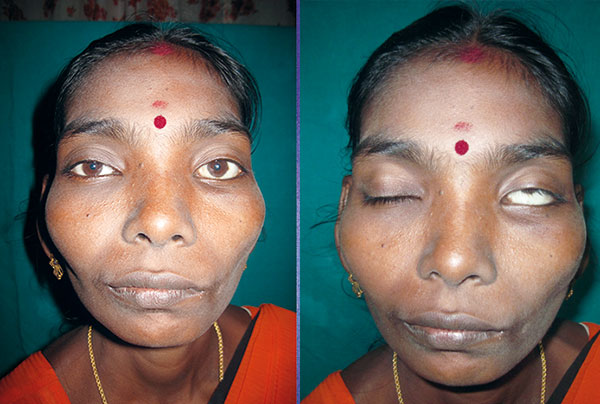 1.Patient 2. Unable to close the affected side Eye
1.Patient 2. Unable to close the affected side Eye